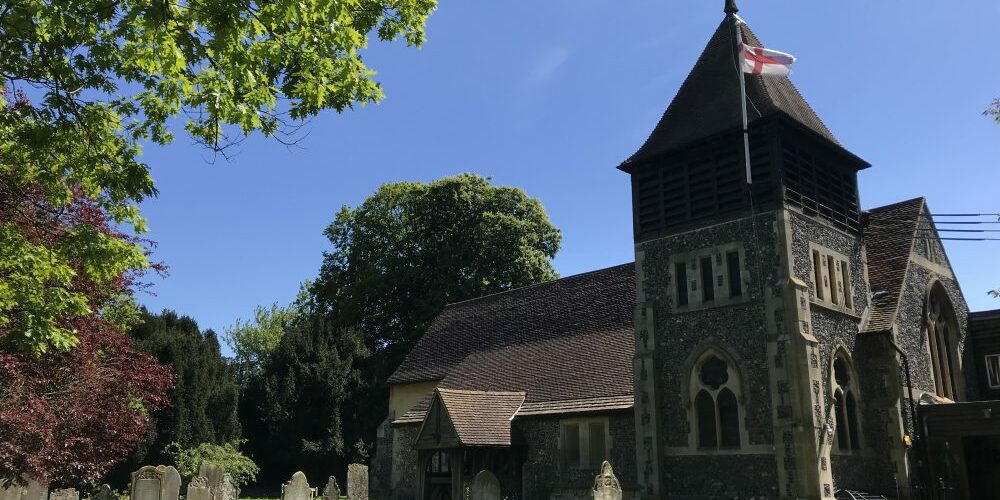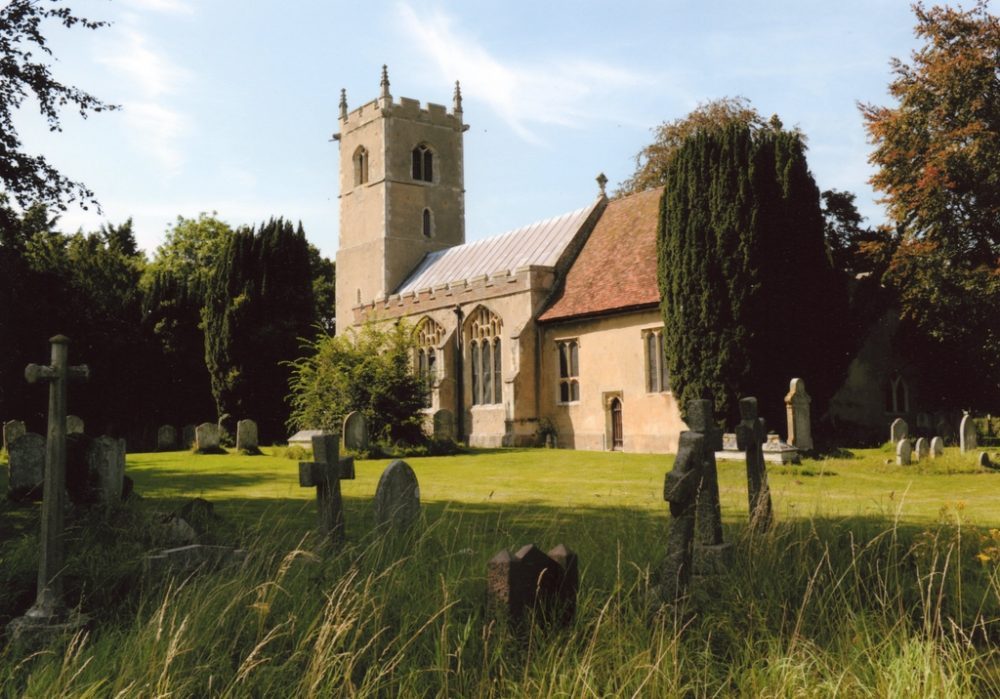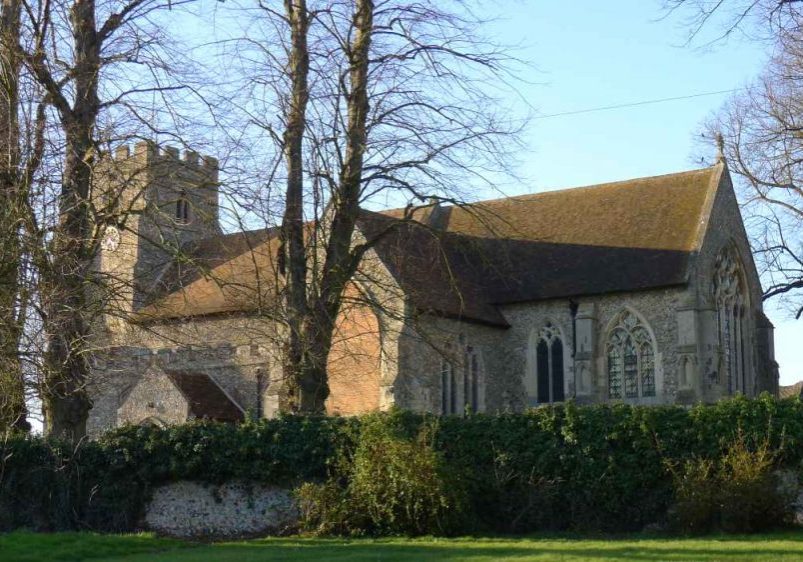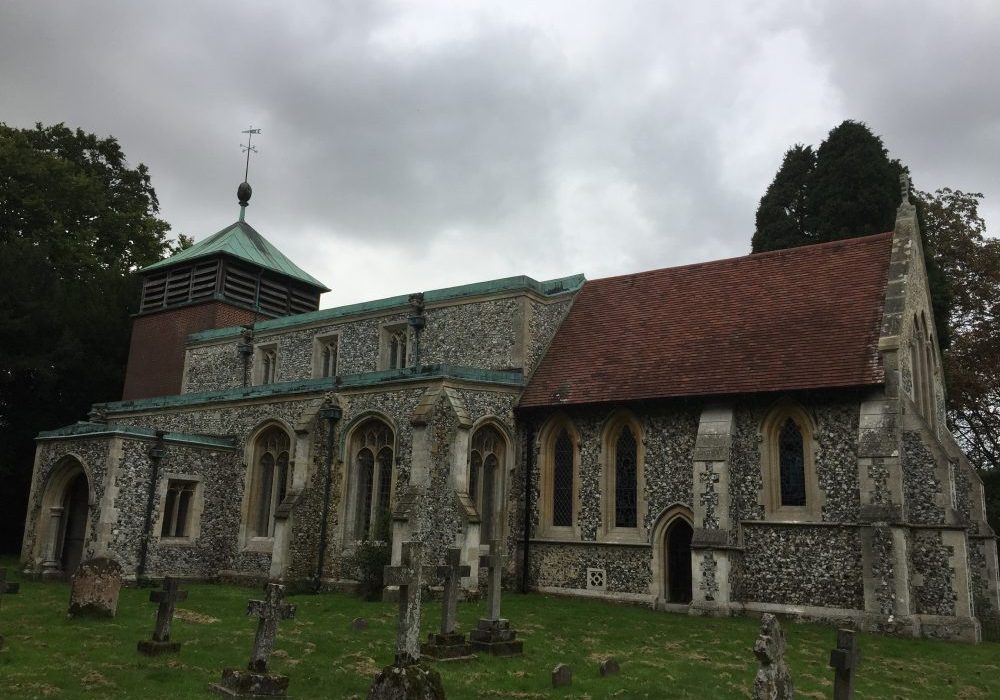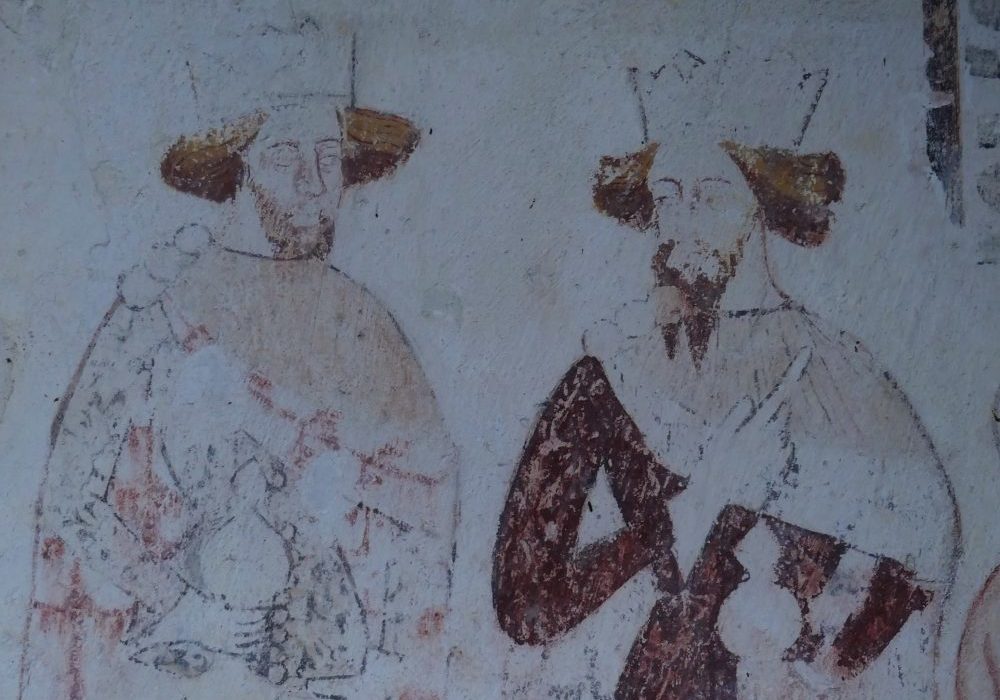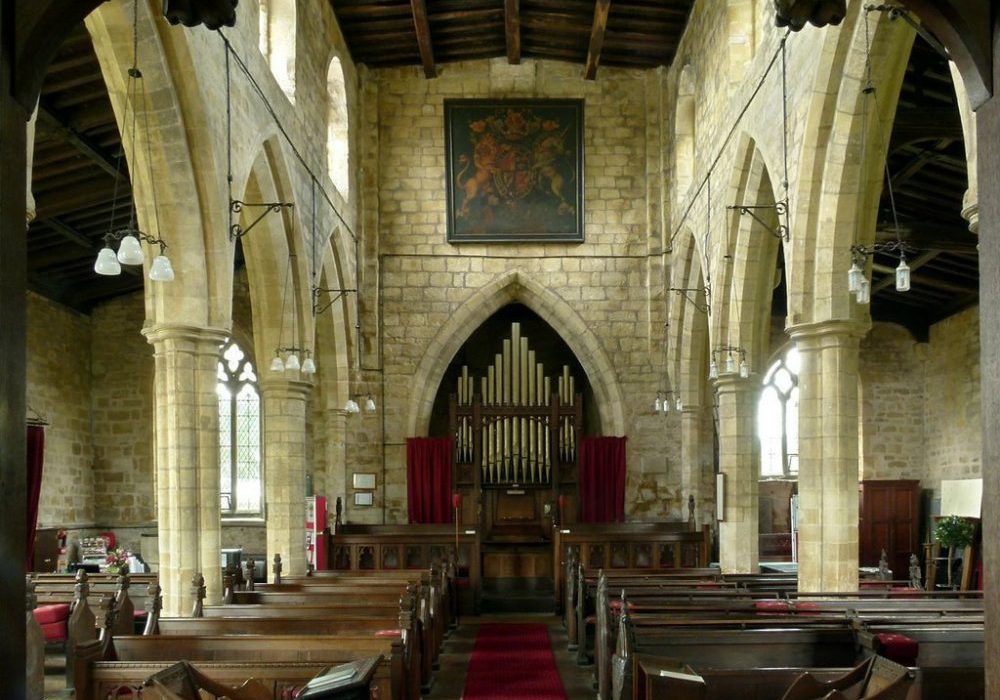Churches have been home to bats for hundreds of years. Between 60-90% of historic churches now have protected bat roosts. Churches provide voids and crevices for roosting, safe flight spaces and plenty of insects to feed on in the surrounding churchyards.
Find out more about our work between 2019 and 2023, some of the challenges facing churches with bats and how we've been able to help.
Our Project Churches
We worked with over 100 project churches across England aiming to protect bats and the amazing heritage buildings they call home.
- All
- East Anglia
- Midlands and the North
- South
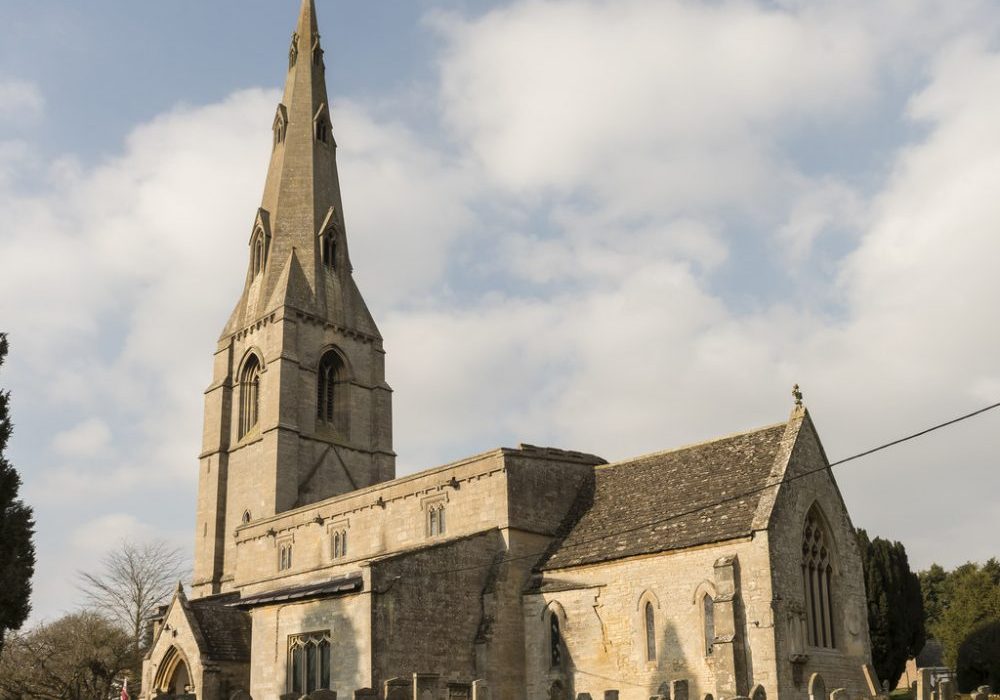
Greetham, St Mary
The pretty Grade I listed medieval church of St Mary’s has some fine carved C17th wooden panelling in the chancel, and is also home to maternity roosts of pipistrelles and Natterer’s bats.
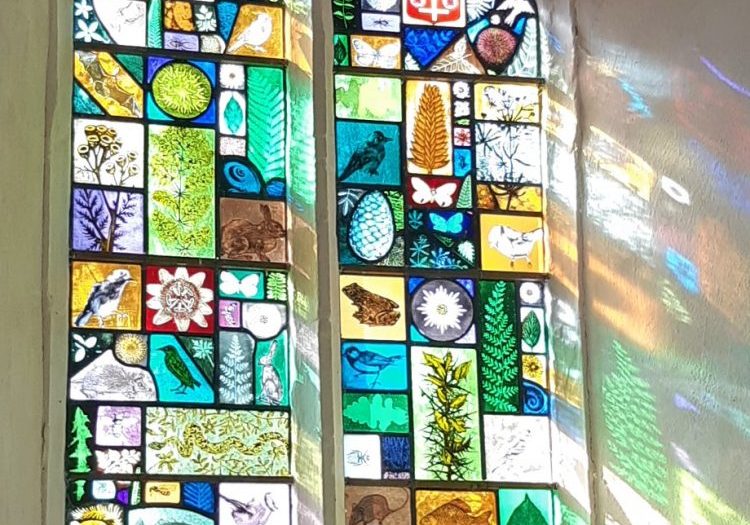
Guestwick, St Peter
A fascinating church with beautful staned glass. We’re building new internal bat boxes to reduce the damage from bats inside the church.
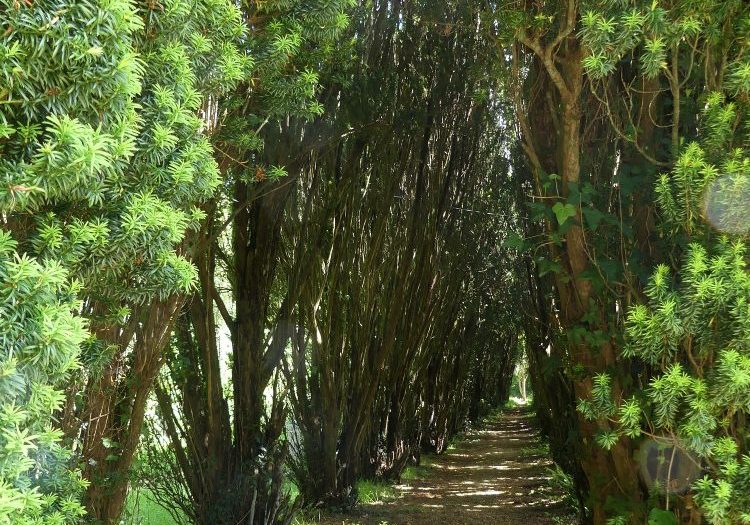
Gwennap, St Wenappa
This important Grade 1 church stands at the upper end of a lush and beautiful graveyard which slopes from south to north. A short distance above the church to the south is a detached bell tower, rebuilt in the fifteenth century.
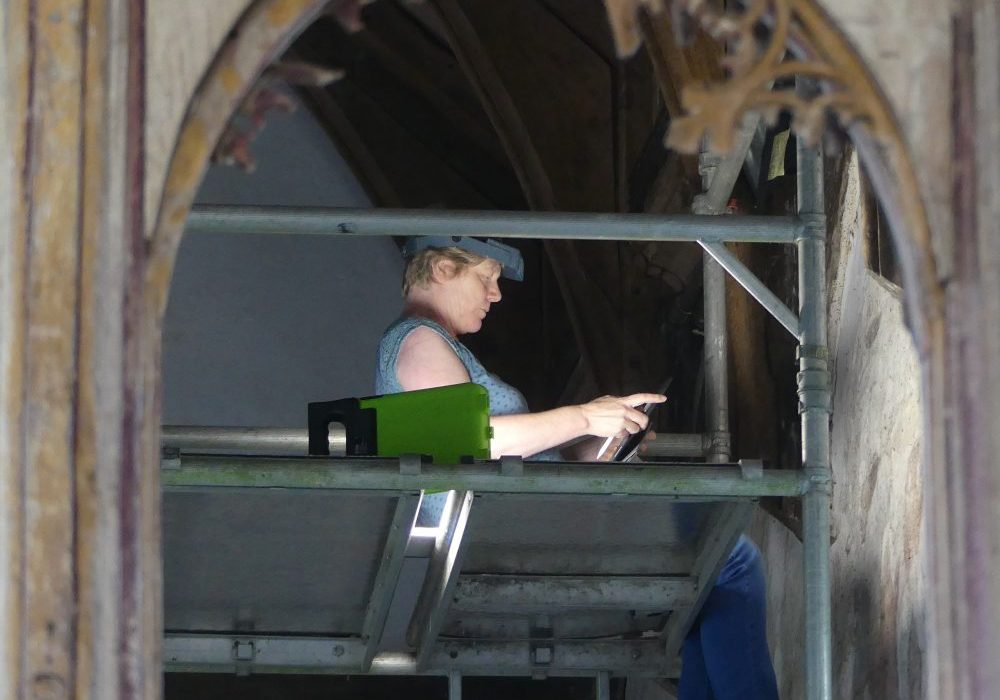
Hardwick, St Margaret
Home to a stunning St Christopher, and a small colony of Pipistrelle bats. We’re building external bat boxes to contain the roost and commissioning a survey of the wall painting.
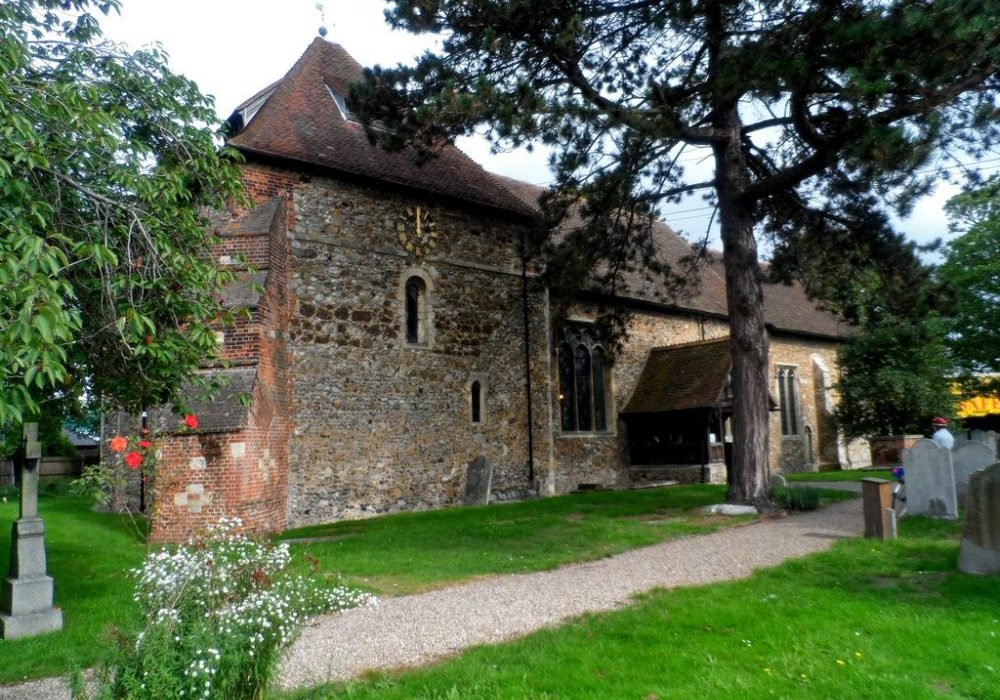
Heybridge, St Andrew
The beautiful Grade 1 listed parish church of St Andrew’s Heybridge dates from the 12th century. Little is known about any bats that may be present.
The Challenge
Churches are important roosting sites for bats, and for generations many churches have provided a refuge for bats in a landscape of habitat loss.
Many churches live happily alongside their bats, and even large bat roosts can almost go unnoticed. However, in some cases, bats roosting or flying within the church can cause serious problems. They can create an unimaginable cleaning burden, prevent the church from having services and events and cause damage to irreplaceable historic artefacts.
The Bats In Churches Project was created to work with churches, bat workers and heritage communities to find bespoke, sustainable solutions for some of the worst affected churches in England and provide advice for any church that has resident bats.
Partnership
Natural England, the Church of England, Historic England, the Bat Conservation Trust and the Churches Conservation Trust have come together as the Bats in Churches project. This unique partnership brings together cross-sector experts, church communities and volunteers to address the issues that can arise when bats and historic churches co-exist and help to ensure a harmonious future for both.
The project secured funding from The National Lottery Heritage Fund, with additional funding from the partners and the AllChurches Trust.
Our Story
The Bats In Churches Project started in 2018 and ran until the end of 2023. We have carried out bat mitigation works in over 30 project churches, and are closely monitoring the results. Over 20 more churches now have plans in place to help manage their bat roosts.
Much of this work has been possible due to the new Bats In Churches Class Licence, which allows experienced ecologists to carry out complex work around bat roosts. The work has highlighted the importance of brining together church communities, architects, ecologists, and heritage specialists who can all share their experience and expertise. This includes training bat workers to work with churches, and providing professional training to heritage specialists on working around bats, aiming to create a base of professionals who understand all the issues around both churches and bats and how best to solve the issues.
As well as carrying out major capital works in churches, we helped churches find, simple sustainable solutions. We ran regular cleaning workshops, training and masterclasses and provided covers and protection for historic monuments and artefacts. We developed resources to help churches run schools workshops, events and other activities and free online training.
We celebrated bats and churches through our own events, online talks and our new children's book.
The project ran two major citizen science surveys, the National Bats In Churches Study and Church Bat Detectives, encouraging people to explore their local churches and helping us map bat distribution in churches across England.
Need help or info about bats?
Call the Bat Helpline on 0345 1300 228
Churches in England are eligible for free bat advice provided by Natural England. This can include a free visit by a trained volunteer and can be obtained when:
- Bats are causing a nuisance inside the church
- Renovation or small scale building work is planned
- Grounded bats are found
